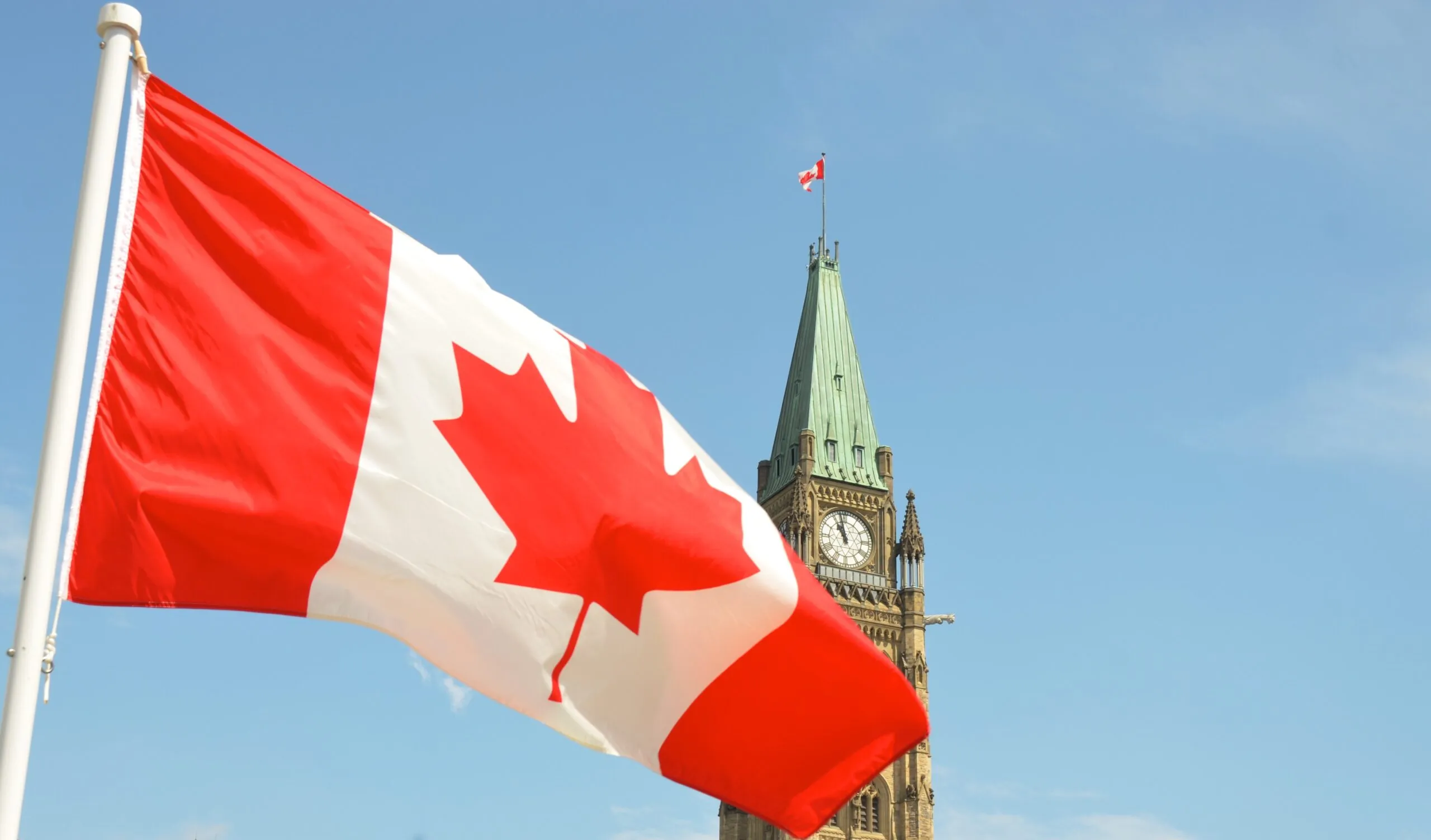Last week, the federal government unveiled their long-awaited budget for 2022, which outlines a number of commitments for the Canadian tech and innovation economy.
The first budget since the Liberal's re-election last fall, the 2022 budget focuses on growing the Canadian economy while aiming to make everyday life more affordable. Working to reduce its projected deficit, a majority of the government's new commitments are program-focused, rather than large cash injections.
We thought we would help out our community by breaking down the budget to highlight what should be on your radar, and how it will impact the startup and innovation economy.
The full federal budget can be found here.

AN OVERVIEW: BIG TICKET COMMITMENTS
- Canadian Innovation and Investment Agency: $1 billion over five years towards the creation of a new agency designed to invest in innovation, research, and development.
- Canada Growth Fund: A $15 billion growth fund to encourage private sector investment to meet net-zero climate goals and strengthen supply chains.
- Intellectual property: $96.6 million over five years to build a world-class intellectual property regime, by building on previous investments.
- Scientific Research and Experimental Development (SR&ED): A review of SR&ED to eliminate paperwork needed for the program for startups.
- Accelerator to increase housing supply: Accelerator fund to encourage municipal governments to zone for more housing over the next five years.
- Dental-care and pharmacare: Plans to cover the cost of dental care for lower income Canadians and plans to create a national pharmacare program.
INNOVATION INVESTMENTS
A new Canada Growth Fund to encourage private sector investment to meet net-zero climate goals and strengthen supply chains.
- $15 billion in public capital over five years designed to incentivize private-sector investment in emissions reduction, economic diversification and supply-chain projects. The new program will run at arm's length from the government. It will make investments in businesses in firms for equity stakes, loan them money or issue financing guarantees.
A new Canadian Innovation and Investment Agency to invest in innovation, research, and development.
- The new agency, modelled after programs in Finland and Israel, will operate independently and will be funded with $1-billion in new spending over five years. Moreover, the government will consult further with Canadian and global experts in finalizing the design and mandate of the new agency. Furthers details will be announced in the 2022 fall economic and fiscal update.

Intellectual Property
The government has committed more investment into Canada's national IP initiatives, including:
- A new national lab-to-market platform to help graduate students and researchers take their work to market;
- Investment for the CanExport program to help Canadian businesses secure their intellectual property in foreign markets;
- A new survey to assess the government's previous investments in science and research, and how knowledge created at post-secondary institutions generates commercial outcomes;
- Expanding ExploreIP, Canada's intellectual property marketplace, so that more public sector intellectual property is put to use helping Canadian businesses; and,
- Expanding the Intellectual Property Legal Clinics Program, which will make it easier to access basic intellectual property services.
SR&ED review for Startups
A review of the scientific research and experimental development (SR&ED) tax incentive, assessing whether it's effective in encouraging R&D that benefits Canada will be done. Additionally, the government is considering instituting a patent-box regime to ensure ideas generated domestically turn into IP that stays here.
- Startups have long complained about the amount of paperwork involved with accessing SR&ED, and the assessment could translate to startups receiving higher payouts from SR&ED, or at least less paperwork to complete.
Superclusters Rebrand
The federal government is extending Canada's Superclusters and is rebranding it to be called Canada's Global Innovation Clusters. The budget proposes an additional $750 million into the program over six years.
- The Superclusters was originally created to focus on projects leveraging plant proteins, advanced manufacturing, AI and oceans. With the rebrand, the government hopes to see the Global Innovation Clusters play a role in greater projects, such as climate change.

Tax rate extentions for small businesses.
Taxable capital for small businesses is increasing from $15 million to $50 million.
- Currently, the government taxes small businesses at a reduced rate of 9% on the first $500,000 of taxable income. However, small businesses lose the reduced rate once they hit $15 million. The new budget plans to increase the taxable income limit to $50 million.
Support for Small Businesses in Health Tech
$30 million was committed to expand the CAN Health Network, which is a national partnership comprised of leading Canadian health organizations that work to introduce new solutions into the health care system.
- The government hopes to expand the program nationally to Quebec, the territories, and Indigenous communities.
Are you a founder trying to navigate the startup ecosystem? Learn more about programming the DMZ offers here.
Third photo: piggybank.ca


.webp)




